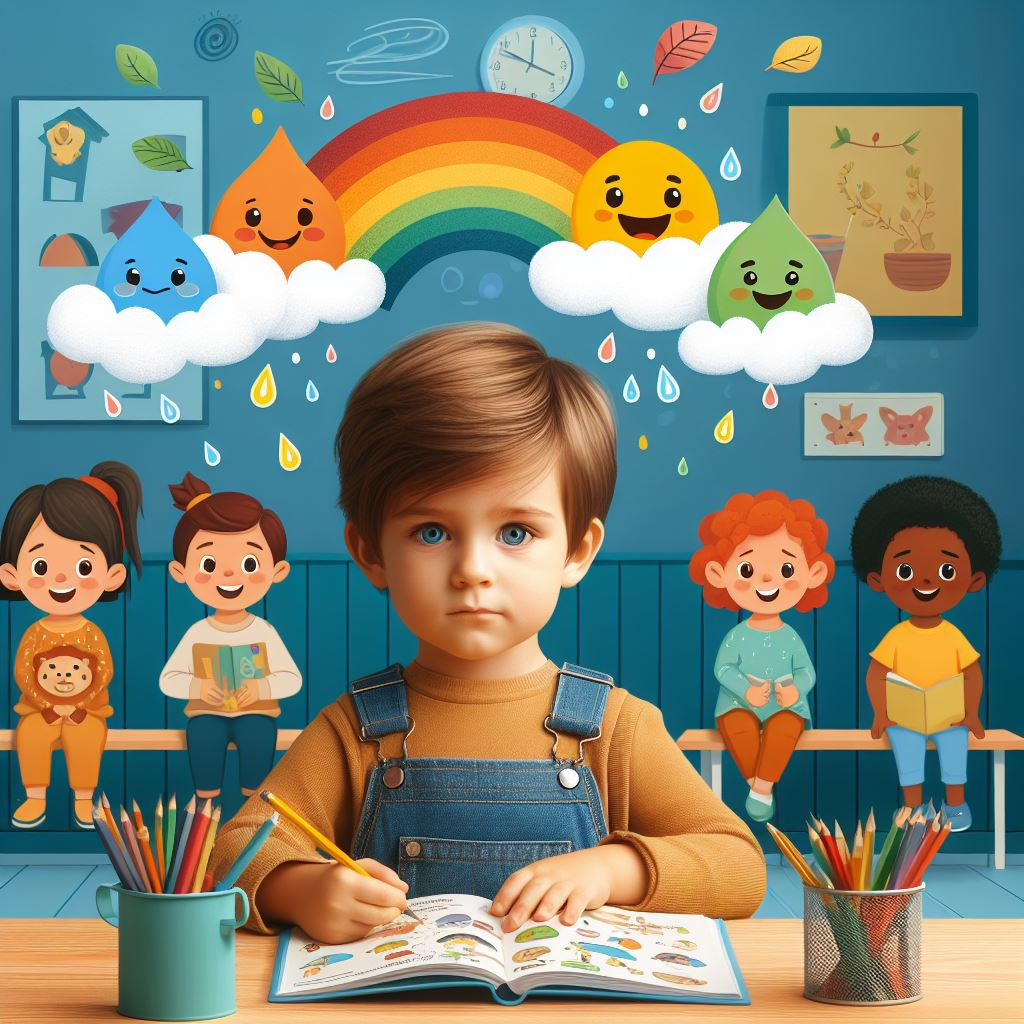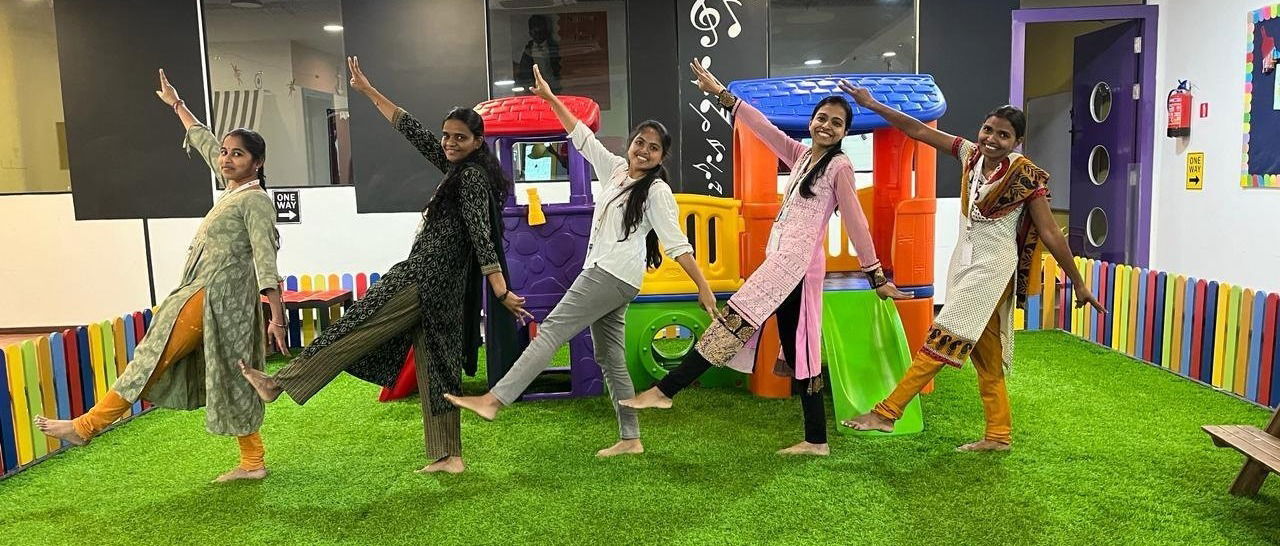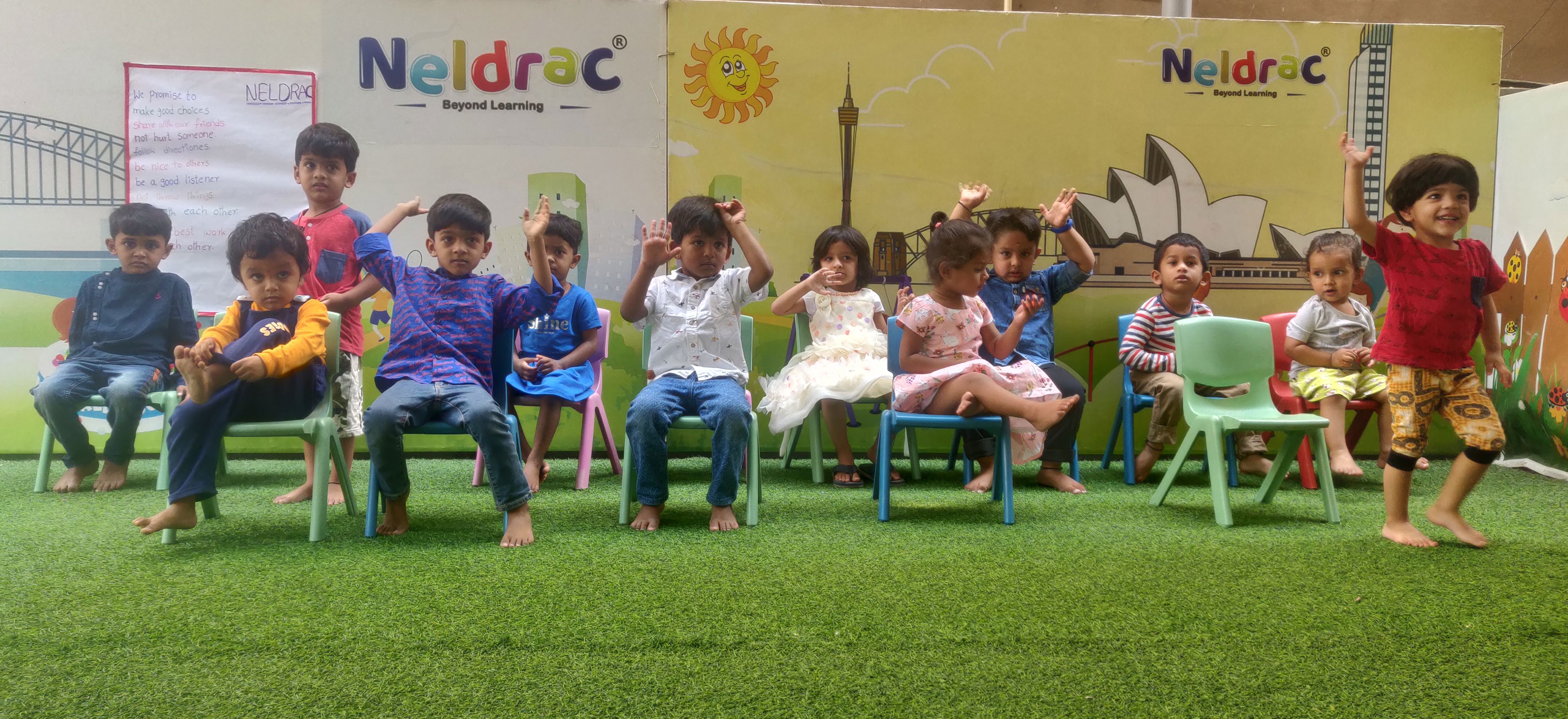Fostering Social and Emotional Learning in Early Childhood Education: A Multifaceted Approach by Neldrac
Introduction: At Neldrac Early Learning Centres and Child Care, we believe that Social and Emotional Learning (SEL) is a fundamental aspect of early childhood education, playing a significant role in a child’s all-round development. We understand that every child is unique, and hence, we employ a variety of methods to cater to their individual needs. This blog post delves into the significance of SEL in early childhood education and how we at Neldrac incorporate diverse methodologies to aid children in achieving their social and emotional growth potential.

Understanding Social and Emotional Learning (SEL): SEL is a broad term that encompasses various skills and competencies that are crucial for managing human interactions, emotional control, and decision-making. Studies have shown that children with robust social and emotional skills tend to perform better academically, build healthier relationships, and demonstrate increased resilience when faced with challenges.
Importance of SEL in Early Childhood Education: The early years of a child’s life are critical for establishing social and emotional competence, which significantly impacts their life path. Incorporating SEL into early childhood education not only prepares children academically but also equips them with vital life skills necessary for success in our interconnected world.
Neldrac’s Multifaceted Approach to Supporting SEL:

Embracing Diversity in Methodologies:
At Neldrac, we value the diversity in educational philosophies and tailor our practices to suit the unique needs and learning styles of each child. This ensures an inclusive and adaptive learning environment.
Holistic Emotion Recognition and Regulation:
We employ a mix of Montessori-inspired activities, Reggio Emilia’s focus on self-expression, and Waldorf’s emphasis on imaginative play to enhance children’s emotional intelligence. Activities such as storytelling, art exploration, and sensory experiences help children understand and manage their emotions better.
Cultivating Positive Relationships:
We leverage the High/Scope approach’s focus on active learning and Vygotsky’s sociocultural theory to foster collaborative learning experiences. Shared decision-making, peer interactions, and adult-child co-constructed play help children build meaningful relationships based on trust, empathy, and mutual respect.
Integrating Reflective Practices:
Drawing inspiration from the inquiry-based learning of the International Baccalaureate (IB) Primary Years Program, we encourage a culture of inquiry and reflection. Activities such as self-assessment, goal-setting, and critical thinking help children develop metacognitive skills, which are essential for lifelong learning and personal growth.
Nurturing Mindfulness and Well-being:
We prioritize children’s mental and emotional well-being by incorporating mindfulness practices from the Responsive Classroom approach and the holistic wellness model of the Early Years Learning Framework (EYLF). Activities like mindful breathing exercises, yoga, and relaxation techniques help promote self-awareness, resilience, and inner peace.

Conclusion:
At Neldrac Early Learning Centers and Care, we are committed to fostering Social and Emotional Learning in early childhood education by integrating diverse methodologies. Our approach empowers children to become compassionate, resilient, and globally-minded individuals, ready to navigate the complexities of the 21st century. We invite you to join us in shaping a brighter future for our young learners, where diversity, inclusion, and holistic development are celebrated.
Disclaimer: A few images featured in this blog are generated by artificial intelligence (AI). While every effort has been made to ensure accuracy, there may be occasional mistakes in the photos or accompanying text. We appreciate your understanding and encourage you to notify us of any discrepancies you may encounter.


